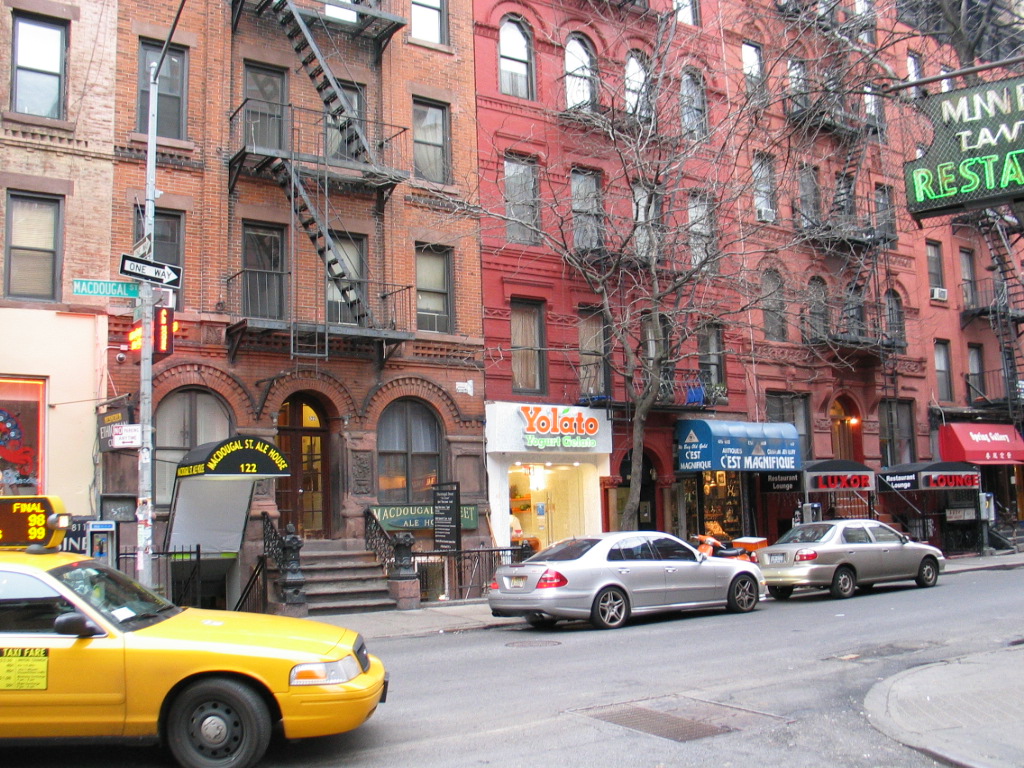|
Beatnik
Beatniks were members of a social movement in the 1950s that subscribed to an anti-materialistic lifestyle. History In 1948, Jack Kerouac introduced the phrase "Beat Generation", generalizing from his social circle to characterize the underground, anticonformist youth gathering in New York at that time. The name came up in conversation with John Clellon Holmes, who published an early Beat Generation novel titled '' Go'' (1952), along with the manifesto ''This Is the Beat Generation'' in ''The New York Times Magazine''. In 1954, Nolan Miller published his third novel ''Why I Am So Beat'' (Putnam), detailing the weekend parties of four students. "Beat" came from underworld slang—the world of hustlers, drug addicts, and petty thieves, where Allen Ginsberg and Kerouac sought inspiration. "Beat" was slang for "beaten down" or downtrodden, but to Kerouac and Ginsberg, it also had a spiritual connotation as in "beatitude". Other adjectives discussed by Holmes and Kerouac were "foun ... [...More Info...] [...Related Items...] OR: [Wikipedia] [Google] [Baidu] |
Hipster (1940s Subculture)
240px, The "classic quintet": Charlie Parker, Tommy Potter, Miles Davis">Tommy_Potter.html" ;"title="Charlie Parker, Tommy Potter">Charlie Parker, Tommy Potter, Miles Davis, Dizzy Gillespie, and Max Roach performing at Three Deuces in New York City. Photograph by William P. Gottlieb (August 1947), Library of Congress. Hipster or hepcat, as used in the 1940s, referred to aficionados of jazz, in particular bebop, which became popular in the early 1940s. The hipster subculture adopted the lifestyle of the jazz musician, including some or all of the following features: dress, slang, use of cannabis and other recreational drugs, relaxed attitude, sarcastic humble or self-imposed poverty, and relaxed sexual mores. History The words ''hep'' and ''hip'' are of uncertain origin, with numerous competing theories being proposed. In the early days of jazz, musicians were using the ''hep'' variant to describe anybody who was "in the know" about an emerging, mostly African-American subcultu ... [...More Info...] [...Related Items...] OR: [Wikipedia] [Google] [Baidu] |
Joyce Johnson (author)
Joyce Johnson is an American author of fiction and nonfiction. She was born Joyce Glassman in 1935 to a Jewish family in New York City and raised in the Morningside Heights neighborhood of Manhattan, a few blocks from the apartment of Joan Vollmer Adams where William Burroughs, Allen Ginsberg and Jack Kerouac lived from 1944 to 1946. She was a child actress and appeared in the Broadway production of '' I Remember Mama'', which she writes about in her 2004 memoir ''Missing Men''. Personal life The way Johnson was brought up was quite unconventional and different from other girls her age in the 1940s and 1950s. She grew up most her life witnessing the women in her life face many struggles in life trying to find purpose. An example would be her mother who at 19 was continually moving from one place to another in her family's efforts to help her gain better marital prospects. As she said in the County College of Morris's Legacy Project Forum on Women of the Beat Generation being ... [...More Info...] [...Related Items...] OR: [Wikipedia] [Google] [Baidu] |
Greenwich Village
Greenwich Village ( , , ) is a neighborhood on the west side of Lower Manhattan in New York City, bounded by 14th Street to the north, Broadway to the east, Houston Street to the south, and the Hudson River to the west. Greenwich Village also contains several subsections, including the West Village west of Seventh Avenue and the Meatpacking District in the northwest corner of Greenwich Village. Its name comes from , Dutch for "Green District". In the 20th century, Greenwich Village was known as an artists' haven, the bohemian capital, the cradle of the modern LGBT movement, and the East Coast birthplace of both the Beat and '60s counterculture movements. Greenwich Village contains Washington Square Park, as well as two of New York City's private colleges, New York University (NYU) and The New School. Greenwich Village is part of Manhattan Community District 2, and is patrolled by the 6th Precinct of the New York City Police Department. Greenwich Village has und ... [...More Info...] [...Related Items...] OR: [Wikipedia] [Google] [Baidu] |

